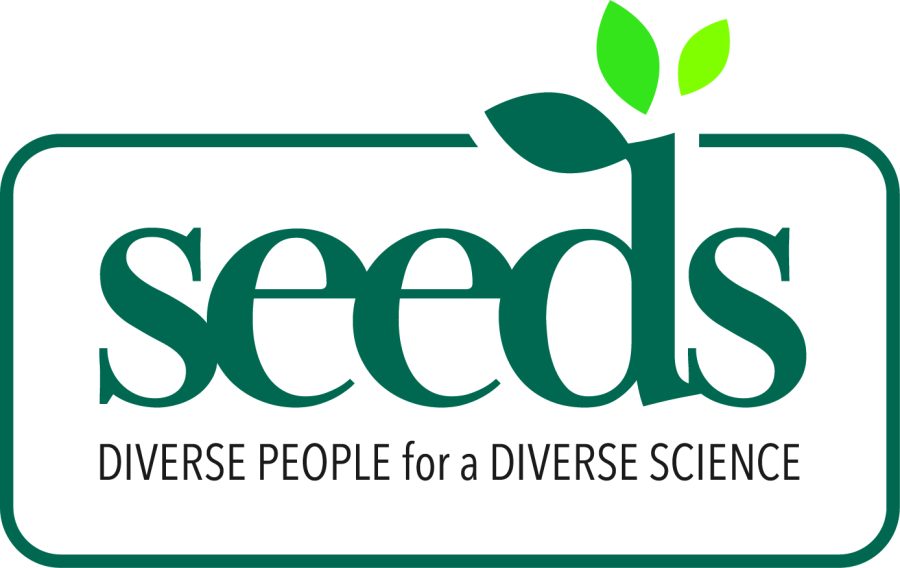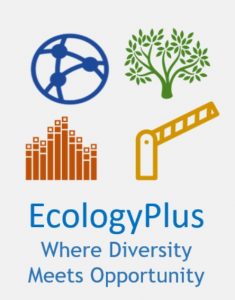Diversity and Inclusion
This page explores ESA’s programs and initiatives to support diversity in ecology including both student programs and other opportunities3.
Student Opportunities
SEEDS – Strategies for Ecology Education, Diversity and Sustainability
The Strategies for Ecology Education, Diversity and Sustainability (SEEDS) program is the award-winning flagship education program of the Ecological Society. Its mission is to diversify and advance the ecology profession through opportunities that stimulate and nurture the interest of underrepresented students to participate, and to lead in ecology. The core SEEDS program components offer hands-on, engaging experiences with ecology that exhibit the relevance and applications of the science.
Each experience also provides opportunities to interact with a diverse group of ecologists and other motivated students to both broaden and deepen students’ understanding of ecology and potential careers. Focused mainly at the undergraduate level, with extension services for communities, high schools, graduate students, and international collaborations, the SEEDS program promotes an ecology profession with wide representation to ensure environmental understanding and a sustainable future for all.
EcologyPlus
EcologyPlus is a pilot program serving diverse college students and early career professionals in the Washington, D.C / Maryland area interested in ecology or environmental fields. EcologyPlus is made possible with a grant from the National Science Foundation.
EcologyPlus is both an alliance and an approach to integrate available partner programs that foster the participation of Black, Indigenous and People of Color in a broad range of career pathways where ecology plays a role. EcologyPlus recognizes the need for diverse ecological expertise in a wide variety of fields.
Other Opportunities
ESA Excellence in Ecology Scholarships
Awarded annually, the ESA Excellence in Ecology (EEE) Scholarship for early – mid career ESA members who have achieved a PhD within the last 20 years. This initiative addresses one of the Recommendations from the ESA Diversity, Equity, Inclusion and Justice (DEIJ) Task Force to support and elevate diverse scientists in our community. This effort seeks to remove critical barriers to full participation in the retention and promotion of scholars who have traditionally been excluded or underrepresented in our community to make ESA more inclusive. Black, indigenous, and people of color are especially encouraged to apply.

